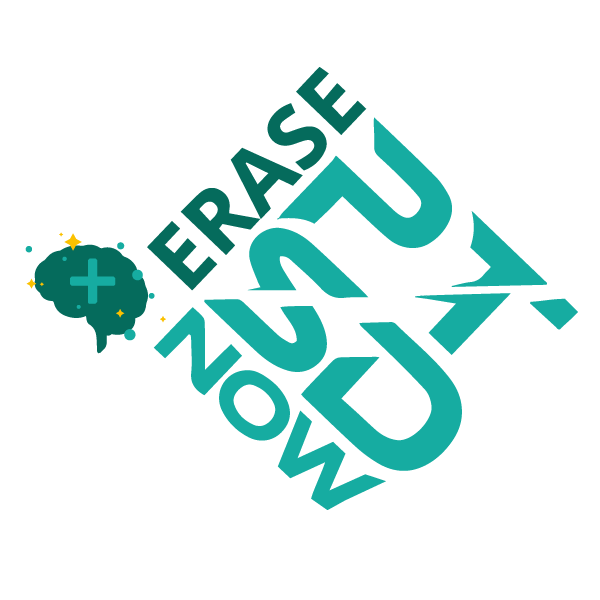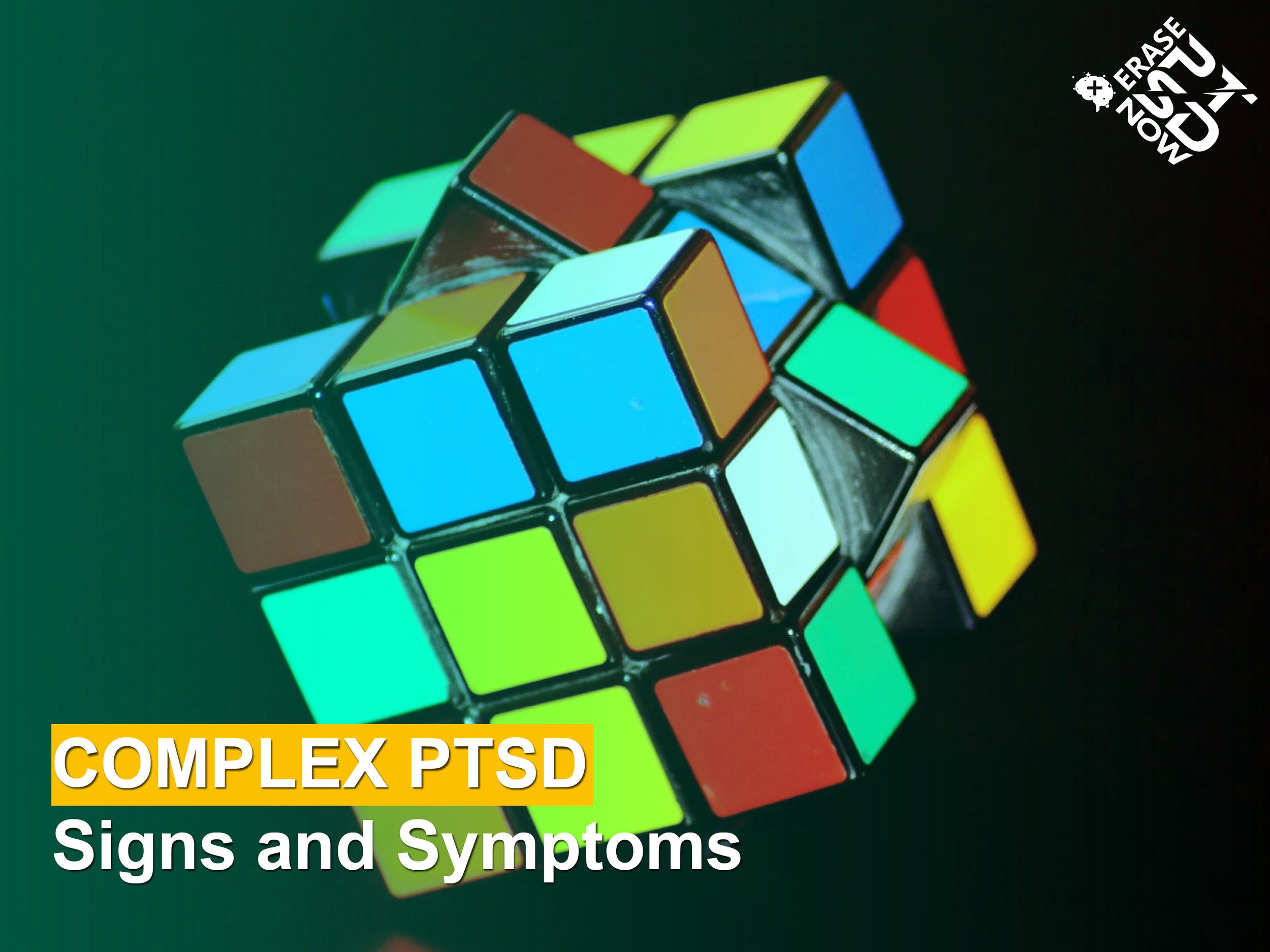Complex PTSD Signs and Symptoms
Post Traumatic Stress Disorder (PTSD) affects millions of people worldwide due to its ability to prevent people from quickly getting on with their lives due to traumatic events that they had in the past. These traumatic events range from sexual abuses to combat services. The symptoms of PTSD including agitation, insomnia, and emotional detachment are common among victims who go through PTSD daily. There is also a very intense form of PTSD and it is "complex post traumatic stress disorder". Complex post traumatic stress disorder is also known as complex PTSD or C-PTSD.
Distinction between both forms of PTSD
Both PTSD and complex PTSD still make people feel afraid and have other negative feelings. However, complex PTSD is caused by long term trauma. This trauma continues or repeats for months, even years. It is commonly referred to as "complex trauma". The complex PTSD signs and symptoms include negative self-view, relationship difficulty, and trauma detachment. Additional symptoms are also difficulty controlling emotions and having a loss of meaning. The symptoms and signs can change a person's life and cause significant impairment in personal, family, social, educational, occupational, or other important areas.
"Many traumatic events that result in PTSD are of time-delimited duration — for example, short term military combat exposure, rape or other violent crimes, earthquakes and other natural disasters, fire, etc. However, some individuals experience chronic trauma that continues or repeats for months or years at a time".
Robert M. Goldstein's website describing the difference between PTSD and complex PTSD
The common misdiagnosis of complex PTSD
Medium stated that a study from the Journal of Clinical Psychological Science found that half of the people who meet the criteria for PTSD actually have complex PTSD. In fact, Complex PTSD is widely misdiagnosed and it occurs when a person faces many traumatic events in an ongoing manner. Complex PTSD generally begins in childhood or adolescence, particularly when individuals had traumatic memories from a parent or caregiver who abused them. The abuse can also took place under certain conditions like slavery, torture, and childhood soldiering. This particularly applies when is under the control of another person and does not have the ability to easily escape.
The abuse that they received from people whom they depended on for protection and survival would later result in them feeling distrustful of the world and not feeling safe in it at all. Common behaviors and characteristics include reliving repeat trauma, avoidance, dissociation, and fear. Although complex PTSD is a relatively new disorder, it still has not received formal recognition. Because of this, the public, especially mental health professionals, do not know how common the disorder really is.
How people can tell if they have complex PTSD
According to an article from Healthline, here is the list of the 12 complex PTSD symptoms and signs:
A feeling that nothing is safe
Lack of relaxation
Cannot sleep nor wake up very early
Having appalling self-image
Attraction towards highly unavailable people
Becoming sick towards people who wants to be "cosy"
Prone to losing temper easily
Developing a high level of paranoia
No registration of oneself as suicidal
Can't afford to show much spontaneity
Throw oneself into work in order to try finding safety
This article also concluded that one cause of complex PTSD is because the lack of a kind and stable environment that allowed growth and support. To clarify, the root cause of it is because love was absent from that environment. People who have C-PTSD should not only visit a counselor or a therapist who is trained how to handle the disorder (especially someone who has conducted trauma focused or informed work) but they should also start feeling compassion for who they were. That way, C-PTSD victims can successfully relearn how to love themselves.
Resources to help victims
Past trauma, no matter the type of trauma, in victims who have C-PTSD can negatively affect their physical and mental health in the future. Fortunately, there are diverse resources that help C-PTSD victims receive the tips and assistance they deserve to have. One resource to visit is the International Society for Traumatic Stress Studies (ISTSS). The ISTSS brings together clinicians and researchers from around the world to advocate for the traumatic stress field. It also provides trauma treatment and assessments for PTSD and C-PTSD sufferers alike.
Furthermore, there is the Anxiety and Depression Association of America (ADAA). This unique nonprofit ptsd organization dedicates itself to the prevention, treatment, and cure of anxiety, depression, OCD, PTSD, and co-occurring disorders through education, practice, and research. Finally, there is also The National Center for PTSD, provided by the U.S. Department of Veterans Affairs. It is the world's leading research and educational center of excellence on PTSD and traumatic stress. To emphasize, The National Center for PTSD also showcases effective treatments, tips, and important tools and resources for PTSD and C-PTSD victims and their families.


